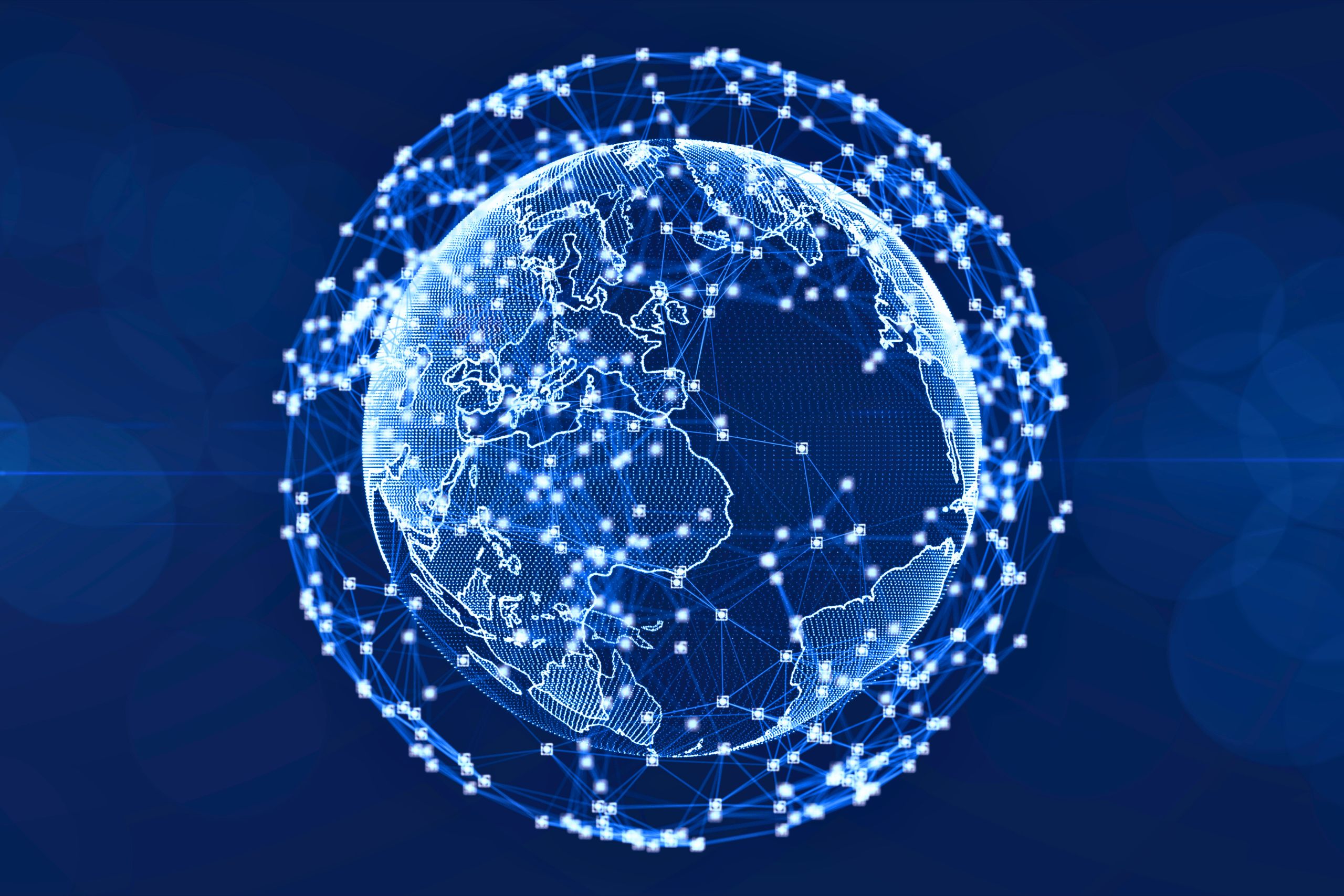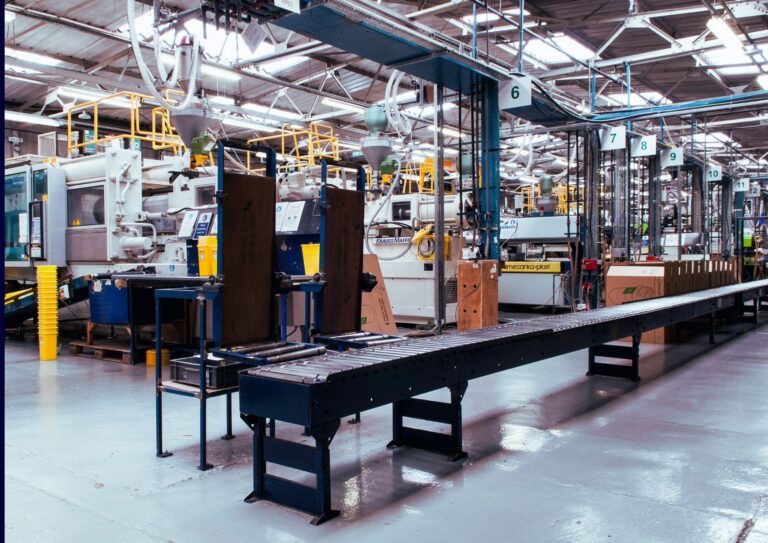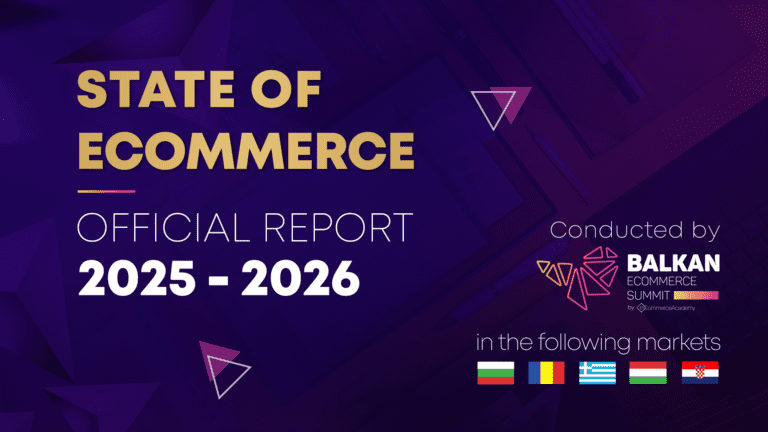The Year in Review: Key Achievements in Digital Supply Chains in 2024
As 2024 draws to a close, the digital supply chain landscape has continued to evolve, driven by groundbreaking innovations and the adoption of transformative technologies. From the integration of artificial intelligence (AI) to blockchain-based transparency solutions, organizations worldwide have made significant strides in optimizing and future-proofing their supply chains. This retrospective highlights some of the key achievements and initiatives that defined the year.
AI Revolutionizes Demand Forecasting and Inventory Management
Artificial intelligence has been a game-changer for supply chain efficiency, with companies like Amazon and Unilever leveraging AI-driven solutions to optimize demand forecasting and inventory management.
- Amazon’s AI-Driven Supply Chain: In 2024, Amazon expanded its use of AI tools to streamline delivery operations, reduce inventory holding costs, and predict customer demand with higher accuracy. By integrating machine learning algorithms into their logistics network, Amazon reported a 20% reduction in delivery delays. (Amazon Newsroom)
- Unilever Forecasting Models: Unilever introduced AI-based forecasting tools across its global supply chain, enabling the company to reduce food waste in its production processes by 15%. This move aligns with the company’s sustainability goals while ensuring better alignment between production and demand. (Unilever Sustainability)
Blockchain Enhances Transparency and Security
Blockchain technology has cemented its role in ensuring transparency, reducing fraud, and enhancing traceability within supply chains. Companies in industries ranging from retail to pharmaceuticals have achieved remarkable success through blockchain adoption.
- Walmart’s Blockchain for Food Safety: Walmart expanded its blockchain-based food traceability system in 2024, allowing real-time tracking of perishable goods across its global supply chain. The initiative significantly reduced the time required to trace contaminated food from days to mere seconds, minimizing the impact of recalls. (Walmart Corporate)
- Pfizer’s Blockchain in Pharmaceutical Supply Chains: Pfizer deployed blockchain technology to ensure the authenticity and traceability of vaccines and medications in 2024. This initiative was critical in combating counterfeit pharmaceuticals and safeguarding patient safety. (Pfizer Newsroom)
Robotics and Automation Drive Efficiency
The adoption of robotics, including automated guided vehicles (AGVs) and robotic process automation (RPA), accelerated in 2024, with a particular focus on logistics and warehousing operations.
- DHL’s Autonomous Warehouse Robots: DHL introduced autonomous robots across 20 of its global warehouses in 2024, enabling faster picking and packing processes. These robots, powered by AI and IoT, increased operational efficiency by 25%, reducing human error and improving order accuracy. (DHL Logistics)
- Tesla’s Manufacturing Automation: Tesla expanded its use of AGVs in its Gigafactories to automate the transportation of raw materials and components. This move reduced production delays and improved throughput, helping Tesla meet its ambitious manufacturing targets. (Tesla Newsroom)
Sustainability and Circular Supply Chains
Sustainability remained a central theme in 2024, with companies adopting circular supply chain models to minimize waste and reduce carbon footprints.
- Patagonia’s Circular Economy Initiative: Patagonia expanded its “Worn Wear” program, using advanced supply chain analytics and blockchain to track, repair, and resell used garments. This initiative supported the brand’s commitment to sustainability and encouraged a shift toward circular consumption models. (Patagonia Environmental Action)
- Maersk’s Decarbonization Strategy: Maersk launched several initiatives in 2024 to achieve net-zero carbon emissions by 2040. The company incorporated AI-powered route optimization tools and deployed biofuel-powered shipping vessels, reducing CO2 emissions in logistics by 10%. (Maersk Sustainability)
Overcoming Challenges and Looking Ahead
Despite these remarkable achievements, challenges such as cybersecurity risks, talent shortages, and the need for greater data interoperability remain prevalent. Companies like Microsoft and IBM have invested heavily in creating secure platforms and workforce training programs to address these concerns. Microsoft and IBM are already investing in solutions to address these problems.
- Microsoft’s Cybersecurity Solutions: Microsoft’s Azure Supply Chain Platform introduced advanced security features in 2024, designed to protect against cyberattacks and data breaches within complex supply chains. (Microsoft Supply Chain)
- IBM’s Training Initiatives: IBM launched a global training initiative to equip supply chain professionals with skills in AI, blockchain, and IoT technologies, addressing the growing skills gap in the industry. (IBM Training Programs)
Educational achievements within BE-Digital
At the end of the year, the fifth newsletter of the BE-Digital project was published, highlighting significant successes in education and training in the field of digital supply chains. The newsletter showcased key pilot training programs:
- IoT Training in Italy: Attended by 26 participants who developed practical skills in logistics automation and web application development.
- AGV Course in Greece,Attended by 30 students who gained hands-on experience with software and hardware tools at the Robotics and Smart Home Lab at CERTH-ITI.
- Upcoming courses: In February 2025, a VR/AR training session will take place in Cyprus, followed by a data analytics training program in Portugal in March 2025.
These initiatives emphasize the importance of collaboration between educational and business organizations in building the future of digital supply chains. Read the full newsletter here: BE-Digital Newsletter.
Conclusion
The year 2024 underscored the power of digital transformation in shaping resilient, efficient, and sustainable supply chains. As companies continue to innovate, the focus on integrating advanced technologies, ensuring transparency, and embracing sustainability will define the next phase of supply chain evolution.
For more insights into how digital supply chains are transforming industries, explore our recent publications on AGVs, IoT, blockchain, and more at RCCI.bg.
This material was prepared within the framework of the BE-Digital project, funded by the Erasmus+ programme.







